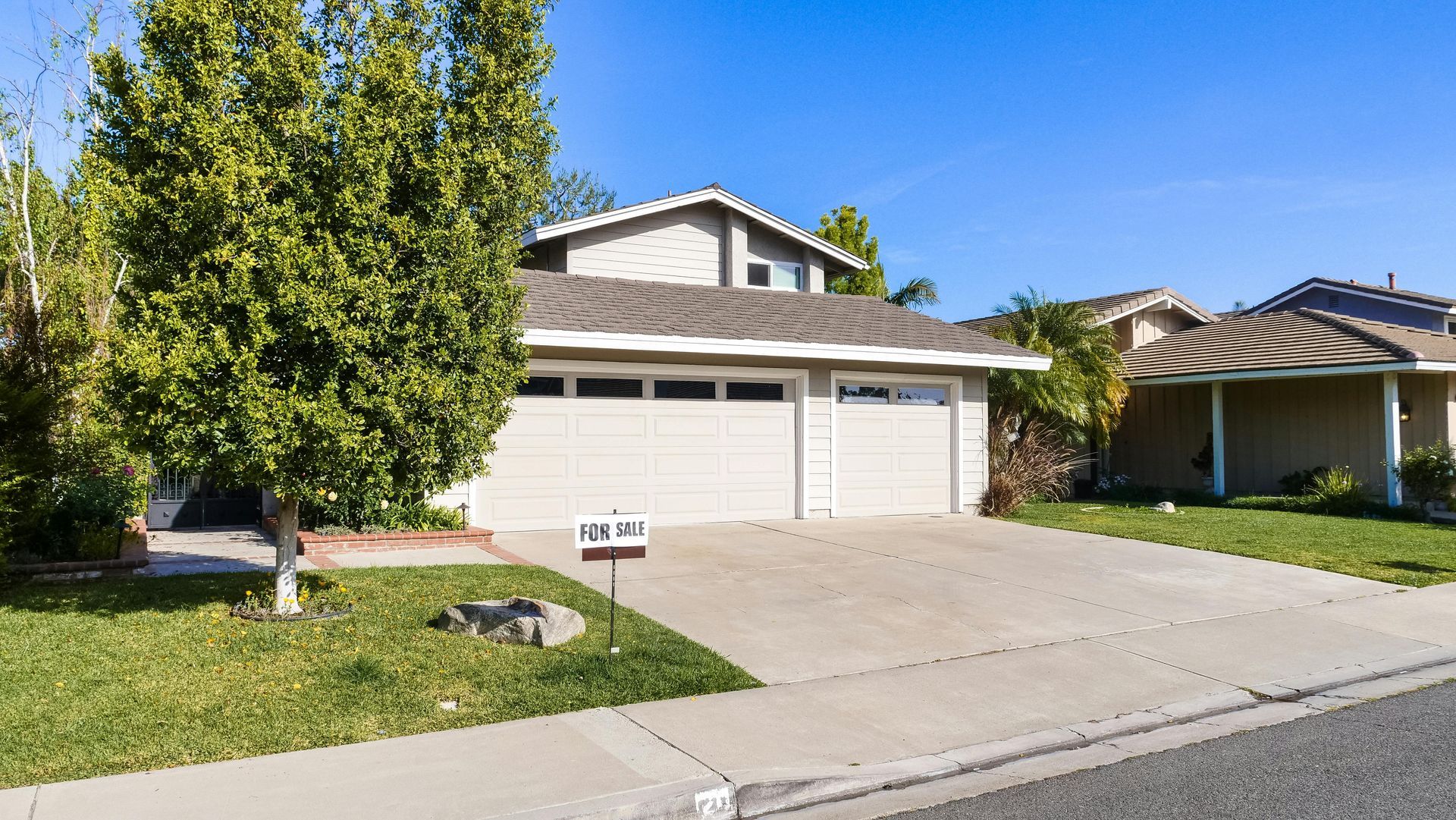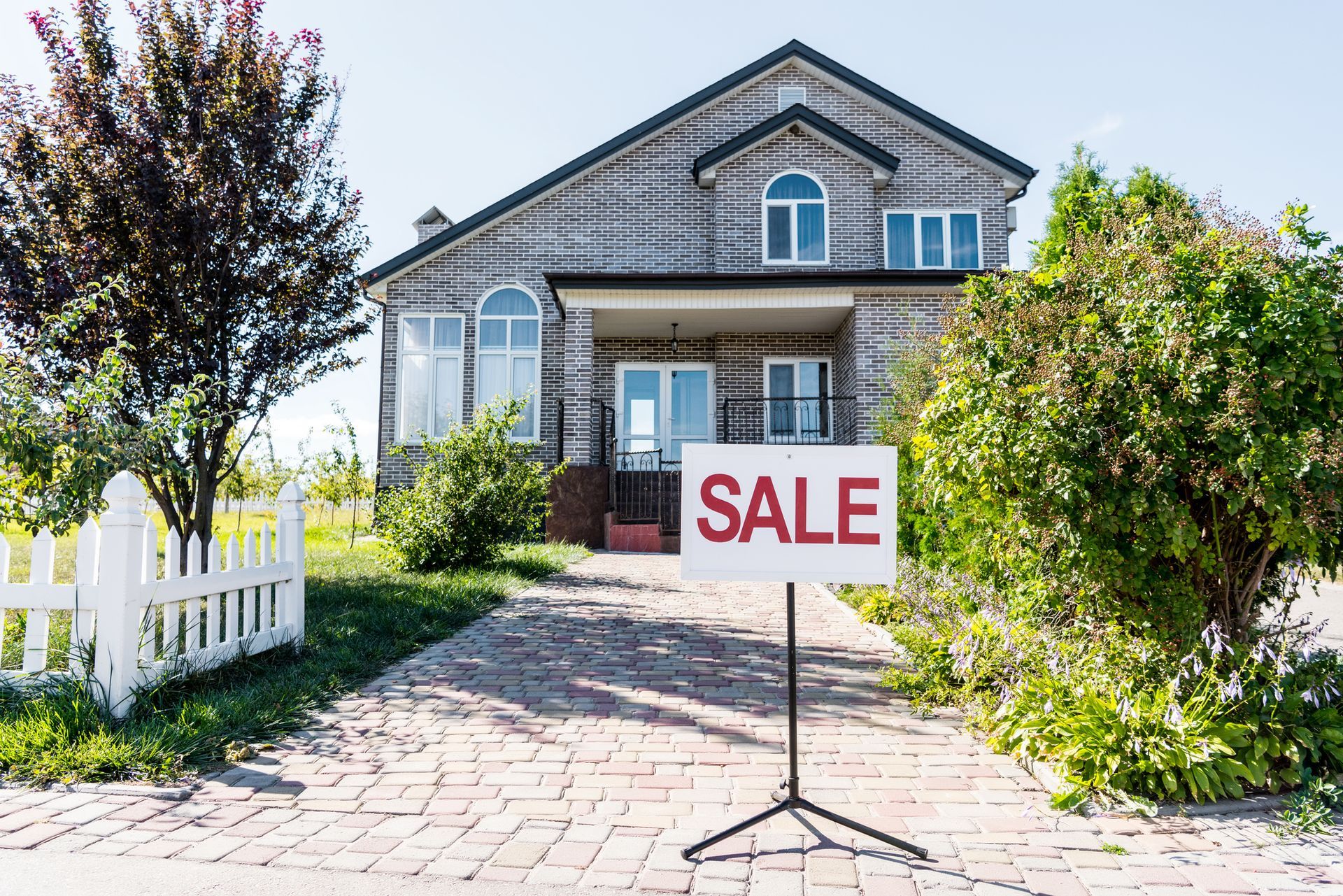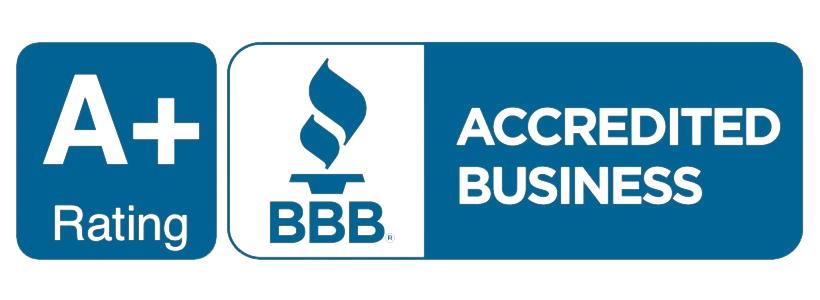Choosing the Best Home Sale Method in the Quad Cities
In the Quad Cities region, homeowners are frequently faced with the dilemma of selecting the optimal method to sell their properties. This decision carries significant weight, as it directly impacts not only the speed but also the financial outcome of the sale. With options ranging from traditional market listings to innovative approaches like cash offers, navigating this terrain can be overwhelming for many individuals. Thus, understanding the nuances of each method becomes paramount to ensuring a successful and satisfactory home-selling experience. By delving into the specifics of each home sale method, homeowners can make informed choices that align with their unique circumstances and objectives.
Overview of the Quad Cities Real Estate Market
The Quad Cities, encompassing Davenport and Bettendorf in Iowa, along with Moline, Rock Island, and Silvis in Illinois, presents a unique blend of urban and suburban living experiences. This area is characterized by its diversified economy, robust cultural scenes, and its appeal to families, professionals, and retirees alike. Understanding the real estate market in the Quad Cities requires a grasp of its local nuances, where each city contributes its distinct flare to the housing landscape.
Currently, the real estate trends in the Quad Cities have been shaped by several prevailing factors. In cities like Davenport and Bettendorf, there's been a push towards suburban expansion, seeing significant interest in single-family homes, often driving quick sales in these areas. Meanwhile, Moline and Rock Island have experienced a revitalization of their downtown spaces, attracting investments toward condominiums and townhouses. Silvis, although smaller, has been included, with a growing interest in affordable housing options.
The market dynamics in these areas have been influenced by broader economic factors. For instance, the low interest rates seen across the nation have also touched the Quad Cities, giving rise to a competitive market for buyers while simultaneously offering sellers the advantage of higher property valuations. The post-pandemic landscape has further impacted the real estate market here, as more individuals seek spaces that can accommodate remote work and larger living areas. This shift in buyer preference has significantly affected housing prices and sales velocity, making the market highly dynamic.
Despite the booming interest in residential properties, the Quad Cities market also presents challenges. Inventory shortages have become a more pronounced issue, with demand outpacing the supply in many of the prime locations. This has led to a seller's market, where bidding wars and above-asking price offers become increasingly common. This does not detract from the fact that the Quad Cities remains an attractive locale for both purchasing and selling property, provided individuals navigate the market with a keen understanding of these prevailing trends.
The Quad Cities real estate market is a complex and evolving landscape, influenced by local and national economic factors. Whether one is looking to buy or sell, staying informed about these trends is crucial in making sound decisions that align with personal and financial goals.
Traditional Home Sale Process in the Quad Cities
The conventional route of selling a home in the Quad Cities involves several distinct steps, beginning with the homeowner deciding to list the property. This process typically entails finding a reputable real estate agent who then helps evaluate the home's value, suggests possible improvements, and lists the property on the market. Photography, listing descriptions, and marketing strategies play a crucial role in attracting potential buyers. On average, homes in the Quad Cities can spend anywhere from a few weeks to several months on the market, depending heavily on the property's location, condition, and price point.
Homeowners face multiple hurdles during this traditional selling process. These include the financial and physical efforts of making repairs to increase the home’s appeal, hosting open houses, and navigating the uncertainties of buyer financing. These challenges can introduce delays and, at times, may even result in sales falling through.
Quick-Sale Home Model Explained
In contrast to the traditional method, the quick-sale home model offers an alternative route, prioritizing speed and convenience. Companies like Midwest Homebuyers, operating within the Quad Cities, propose a straightforward process where a seller can receive a cash offer shortly after inquiry, bypassing the need for open houses, extensive repairs, or buyer financing negotiations. The timeline from offer to closing in a quick-sale model can be as short as a few days to a couple of weeks, significantly swifter than the conventional route.
Pros and Cons of Each Sale Method
The decision between opting for a traditional sale or a quick-sale model hinges on various factors, including the homeowner's circumstances, priorities, and timelines. While the traditional route may secure a higher selling price, it demands more from the seller in terms of time, effort, and sometimes, upfront investment. Conversely, the quick-sale method offers immediacy and a hassle-free transaction but typically at a lower price due to the convenience factor.
Transparency in the
selling process varies greatly between the two methods. Traditional sales involve multiple stages of negotiation and inspection, offering a clearer picture of how the final price is determined. On the other hand, quick-sale models are straightforward but may leave sellers wondering if they could have secured a better deal in a competitive market.
Ultimately, the choice between a traditional and a quick-sale approach in the Quad Cities or elsewhere should align with the homeowner’s specific needs, financial situation, and timing requirements. Both methods have their merits, making it essential for sellers to thoroughly evaluate their options before proceeding.
Expert Opinions on Choosing the Right Sale Method
Deciding on the right sale method for your home in the Quad Cities can be complex. Real estate professionals often emphasize the importance of aligning the sale method with the homeowner's priorities, such as the need for a quick sale versus achieving the highest possible price. Experts highlight the traditional sale process as offering the benefit of a potentially higher sale price due to market competition. It comes with the potential drawbacks of a longer time on the market and the uncertainties that come with buyers' financing. On the other hand, the quick-sale model is often recommended for those needing an expedited sale or wishing to bypass the hassle of the traditional selling process, even if it might mean accepting a lower offer.
Case studies and homeowner testimonials reveal a varied set of experiences. Some homeowners appreciate the quick-sale model for its swift, hassle-free process during times of significant life changes, such as relocation or dealing with a family estate. Meanwhile, others have found the traditional route more satisfying, particularly when market conditions favored sellers, allowing for competitive offers that exceeded their expectations.
Legal and Financial Considerations
The sale method chosen by homeowners in the Quad Cities also has different legal and financial implications. Traditional sales typically involve more comprehensive contracts and negotiations, possibly requiring legal consultation, especially in cases of disputes or unique sale conditions. The quick-sale model tends to have simpler, more straightforward contracts but may include clauses unfamiliar to sellers, necessitating a thorough review.
Financially, the differences extend to tax implications and closing costs. In a traditional sale, sellers might have more room to negotiate who covers certain costs, while the quick-sale model often promotes a "no additional cost" selling point, appealing to those looking to minimize out-of-pocket expenses. The net gain from the sale must consider these factors alongside the final sale price.
Making an Informed Decision in the Quad Cities
Whether opting for a traditional or quick-sale home selling method in the Quad Cities, homeowners are encouraged to weigh the pros and cons carefully. Considerations such as sale timeline, desire for pricing control, and personal circumstances all play pivotal roles in this decision-making process. It's also invaluable to seek professional advice from real estate experts familiar with the local market's nuances. These professionals can offer insights into current trends and help guide sellers toward the best method for their unique situation. Ultimately, an informed decision considers all aspects of the selling process, ensuring that homeowners meet their goals with satisfaction and confidence.
Ready to explore your home selling options in the Quad Cities? Midwest Homebuyers is here to provide you with a straightforward, stress-free selling experience.













